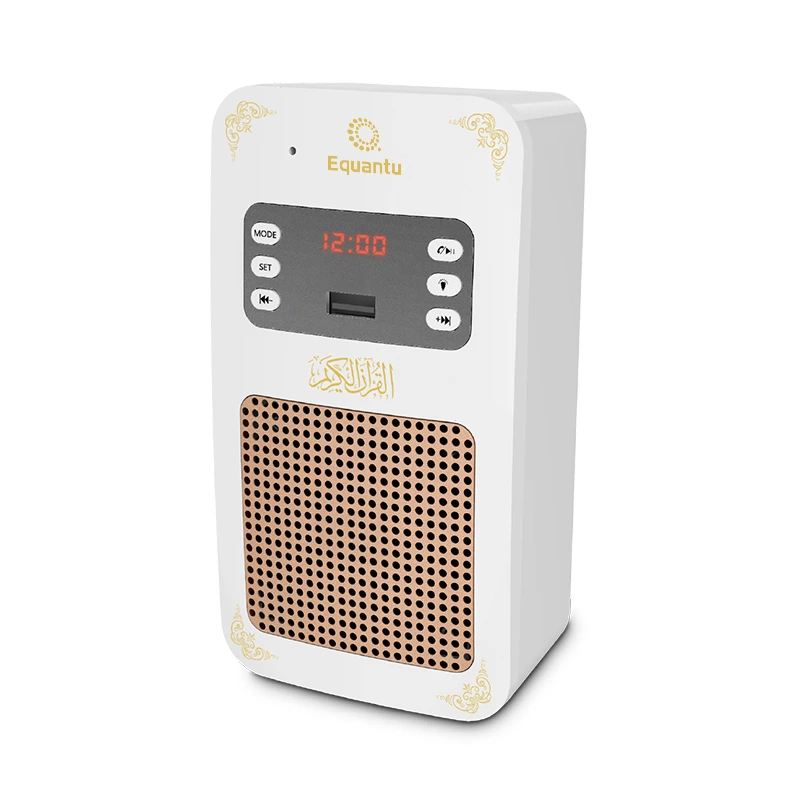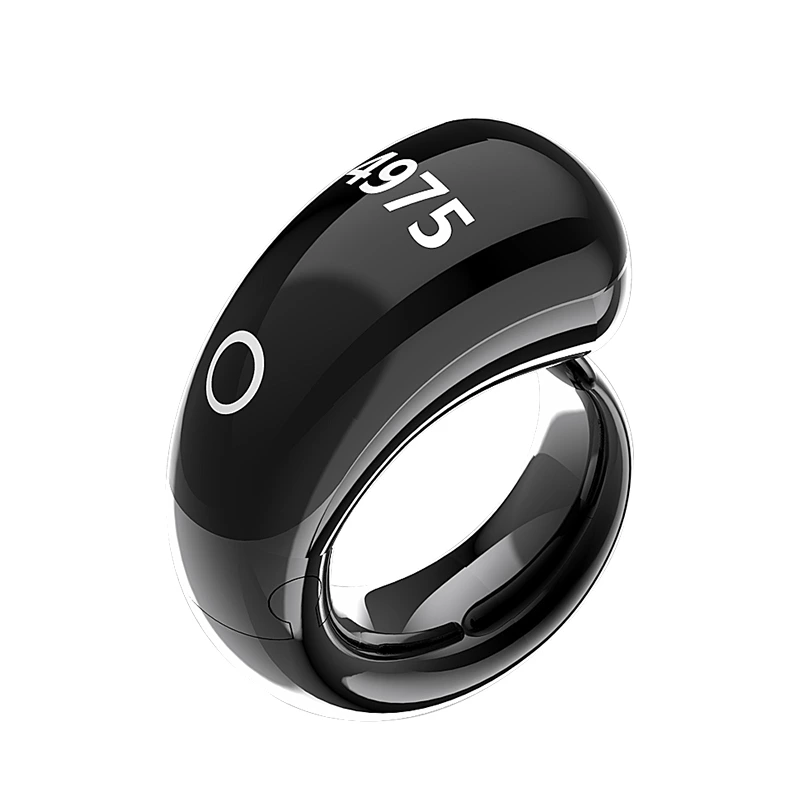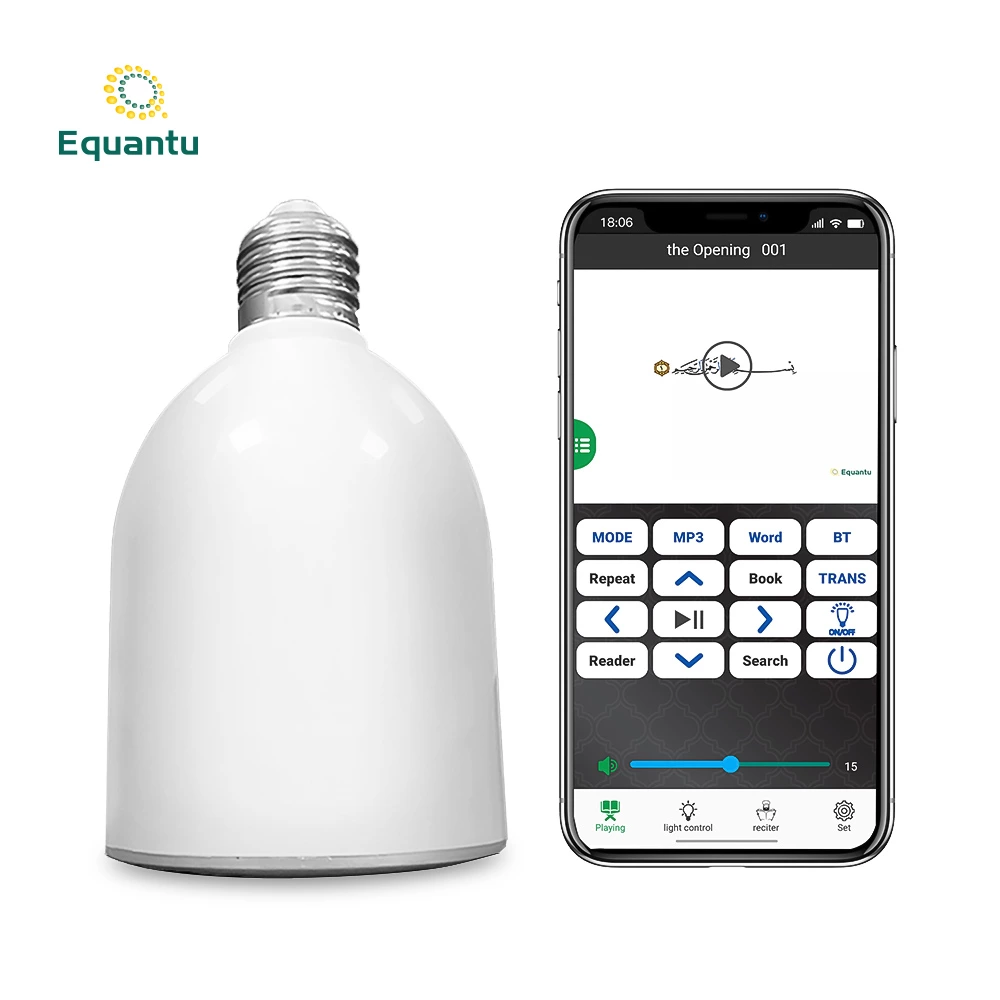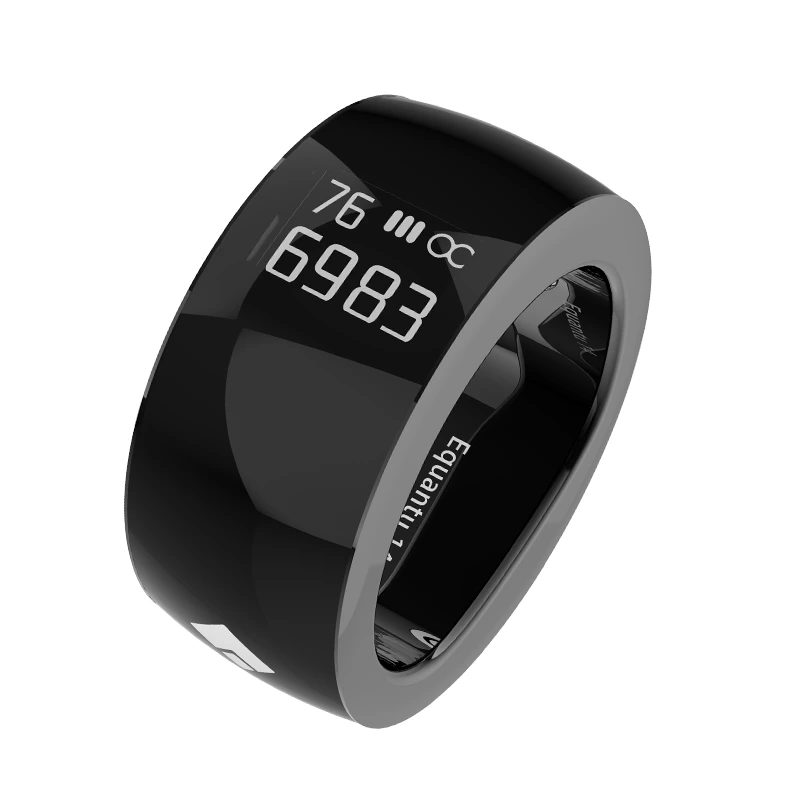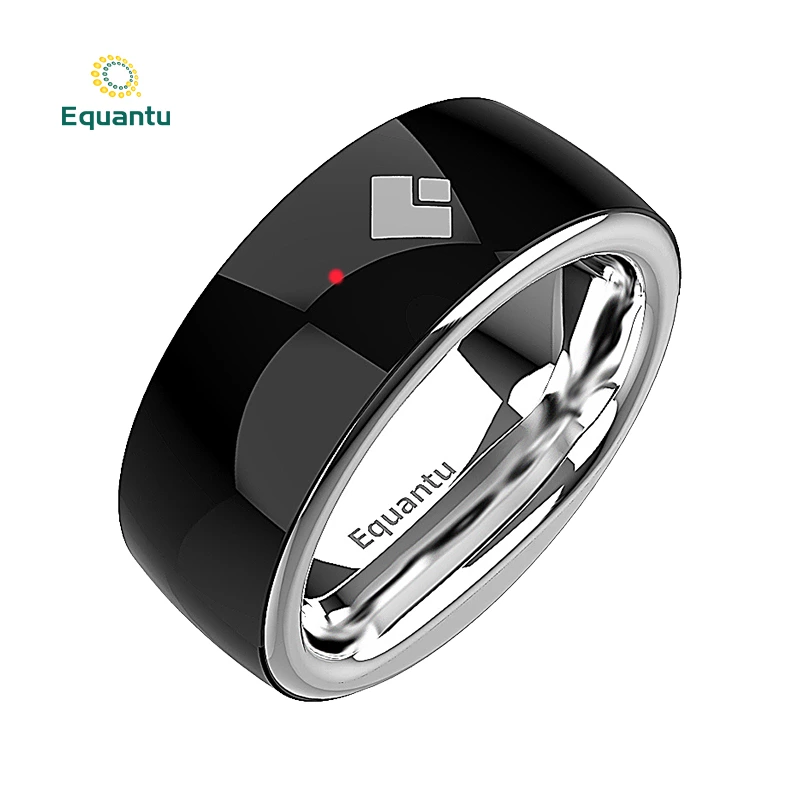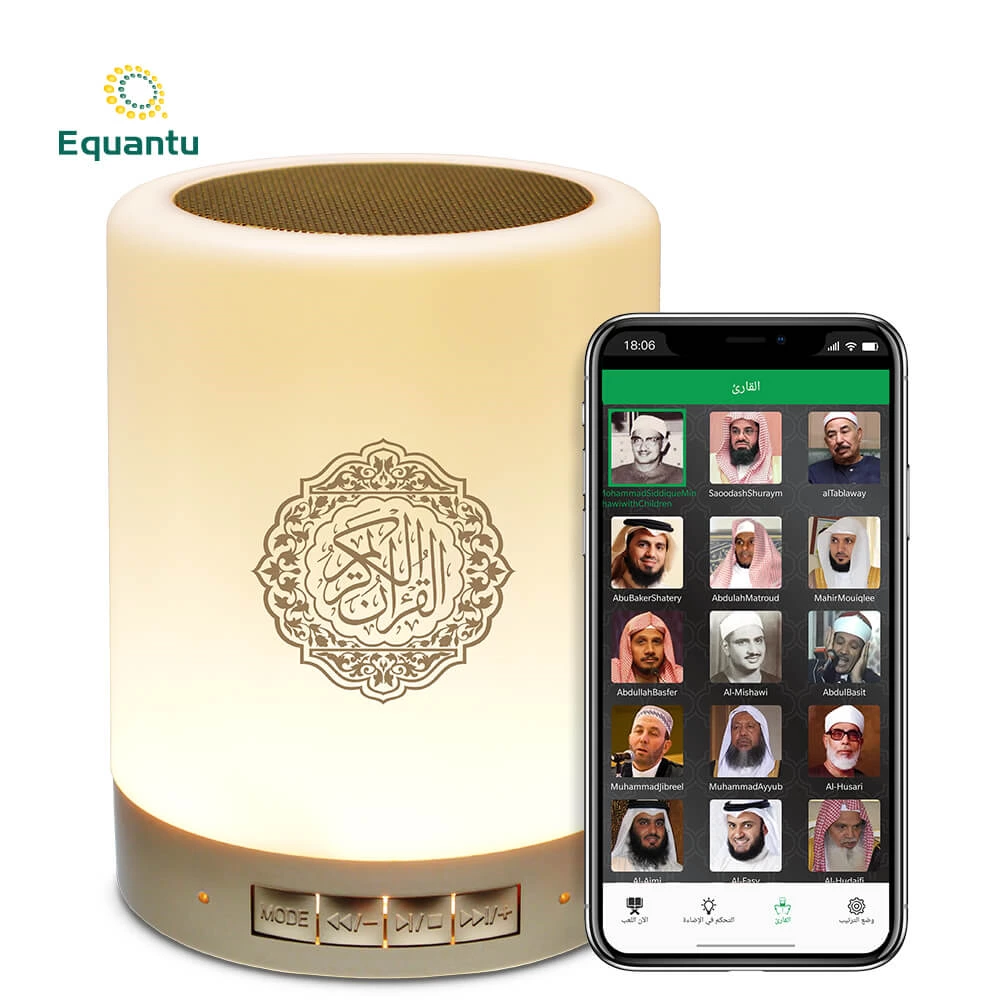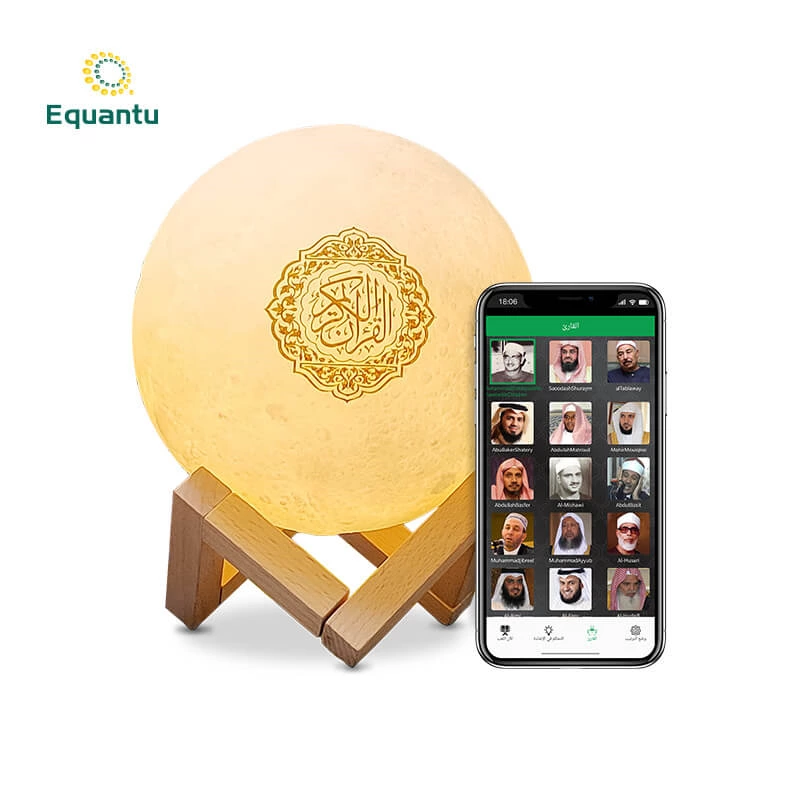Understanding Halal Certification
Halal, an Arabic term meaning "permissible," refers to what is allowed under Islamic law. Halal certification is a process by which products and services are verified to comply with these religious guidelines. This certification ensures that the products are free from haram (forbidden) substances and are produced, processed, and stored according to Islamic principles.
Importance of Halal Certification
Religious Compliance: For Muslims, consuming halal products is a fundamental aspect of their faith. Halal certification provides assurance that the products meet the stringent requirements of Islamic law, fostering trust and confidence among Muslim consumers.
Market Access: With over 1.8 billion Muslims worldwide, halal-certified products have a vast and growing market. Certification opens doors to international markets, allowing businesses to tap into this lucrative consumer base.
Quality Assurance: Halal certification often overlaps with general quality standards. The meticulous processes involved ensure that products are not only halal but also of high quality, enhancing their appeal to a broader audience.
Competitive Advantage: In a crowded marketplace, halal certification distinguishes products, making them more attractive to consumers seeking religiously compliant options. This differentiation can lead to increased brand loyalty and market share.
Ethical and Safe Consumption: Halal principles emphasize cleanliness, ethical production, and safety. Halal-certified products align with these values, appealing to consumers who prioritize ethical and safe consumption, regardless of their religious affiliations.
Halal Certification and Modern Islamic Products
Modern Islamic products, such as Quran speakers and Zikr rings, benefit significantly from halal certification. These products often hold spiritual significance and are used in daily worship and remembrance of Allah. Ensuring that these products are halal-certified enhances their acceptability and trustworthiness among Muslim consumers.
Quran Speakers: These devices are used to listen to Quranic recitations and Islamic teachings. Halal certification ensures that the materials used are free from any haram substances and that the production process adheres to Islamic ethical standards.
Zikr Rings: Worn as reminders of faith, Zikr rings often feature inscriptions or designs that hold spiritual meaning. Halal certification ensures that the materials and manufacturing processes are permissible and ethical, aligning with the religious values they represent.
Conclusion
Halal certification is more than a regulatory requirement; it is a commitment to upholding Islamic values and ensuring the well-being of Muslim consumers. For businesses offering modern Islamic products like Quran speakers and Zikr rings, obtaining halal certification is essential for building trust, expanding market reach, and ensuring compliance with religious standards. Embracing halal certification not only enhances product credibility but also contributes to the overall integrity and success of businesses in the global marketplace.

